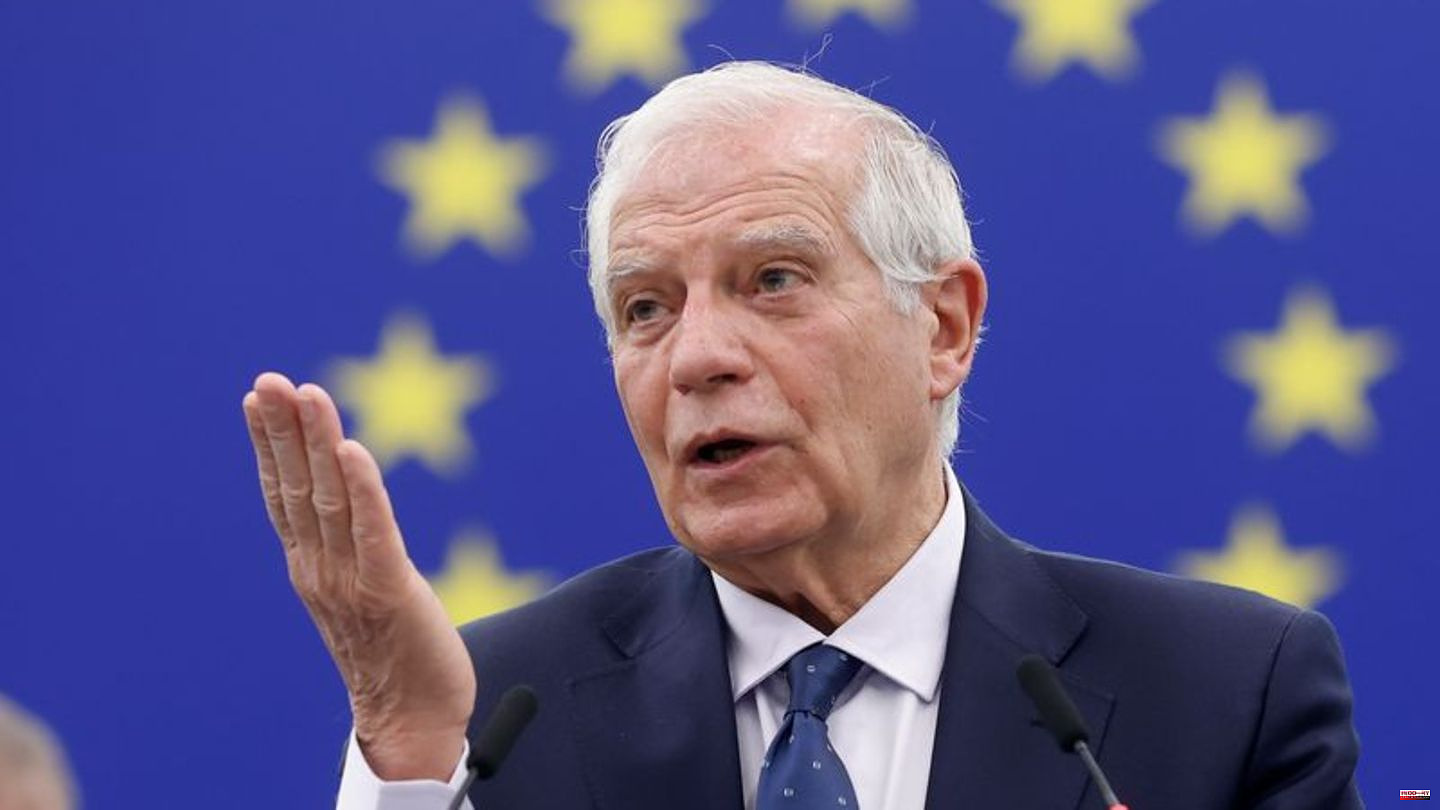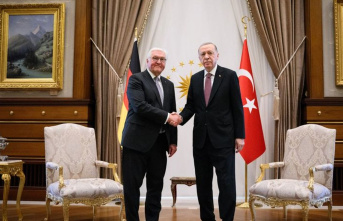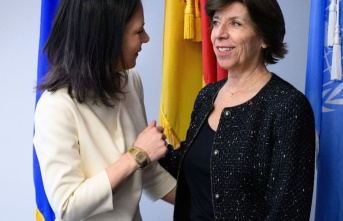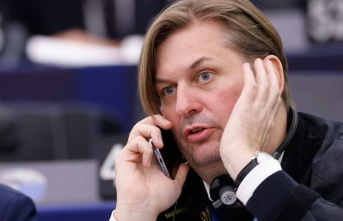The EU foreign ministers have decided on new punitive measures because of the serious violations of human rights in Iran. According to the EU Official Journal, 32 people and two organizations are affected. In addition to judges, prosecutors and prison directors, the Iranian Minister of Culture Mohammed-Mehdi Esmaeili and the Iranian Minister of Education Yussef Nuri were also put on the sanctions list on Monday.
Among other things, Nuri is held responsible for the arbitrary arrest of students. According to the EU, numerous Iranian musicians, filmmakers, other artists and journalists were threatened, arrested and prosecuted on flimsy charges under Esmaeili's responsibility. Judges and prosecutors are held particularly responsible for death sentences against demonstrators.
The punitive measures envisage freezing assets held in the EU. In addition, those affected are no longer allowed to travel to the EU.
hoped for release
The aim of the new sanctions is for those arrested in Iran, who had previously protested peacefully, to be released, said Luxembourg's Foreign Minister Jean Asselborn on the sidelines of the EU meeting at which the sanctions were decided on Monday. "It is the right of Iranians to go out on the street and dress the way they want."
The trigger for the nationwide protests in Iran was the death of the Iranian Kurd Jina Mahsa Amini. She died in police custody on 16 September after being arrested by the Morality Police on charges of breaking Islamic dress code. According to human rights activists, more than 500 people have been killed and almost 20,000 demonstrators arrested since the protests began in September 2022.
During the EU meeting, Iranians living in Belgium demonstrated in the European quarter of Brussels against the oppression of the people in their homeland. The police initially estimated the number of participants at 6,000, as reported by the Belgian news agency Belga. The demonstrators shouted slogans like "Freedom, freedom, freedom" and waved Iranian flags. Many demonstrators from abroad also traveled to the protest - including leading exile personalities such as the well-known social activist Hamed Esmaeilion and the activist Masih Alinejad.
Opposition alliance abroad grows
More than five months after the start of the women's protests in Iran, a new opposition alliance is also forming abroad. These include the son of the former monarch, Reza Pahlavi, the actresses Nasanin Boniadi and Golshifteh Farahani, and the well-known social activist Esmaeilion. The alliance also includes Nobel Peace Prize winner Schirin Ebadi, ex-Bundesliga professional Ali Karimi and activist Masih Alinejad. Participants also expressed their support for Pahlavi at the demo.
There was no decision at the foreign ministers' meeting on whether the Iranian Revolutionary Guards should be classified as a terrorist organization. According to diplomats, the legal service of the Council of Ministers presented a legal opinion on the deliberations, according to which this step would currently not be compatible with EU law. Accordingly, for inclusion on the EU terror list, for example, a national court decision or a prohibition order from an administrative authority would be required. According to diplomats, a corresponding decision by the USA refers to acts that were too long ago.












